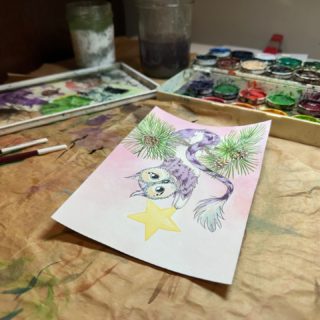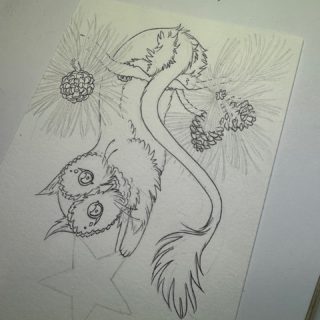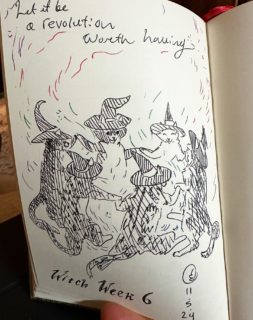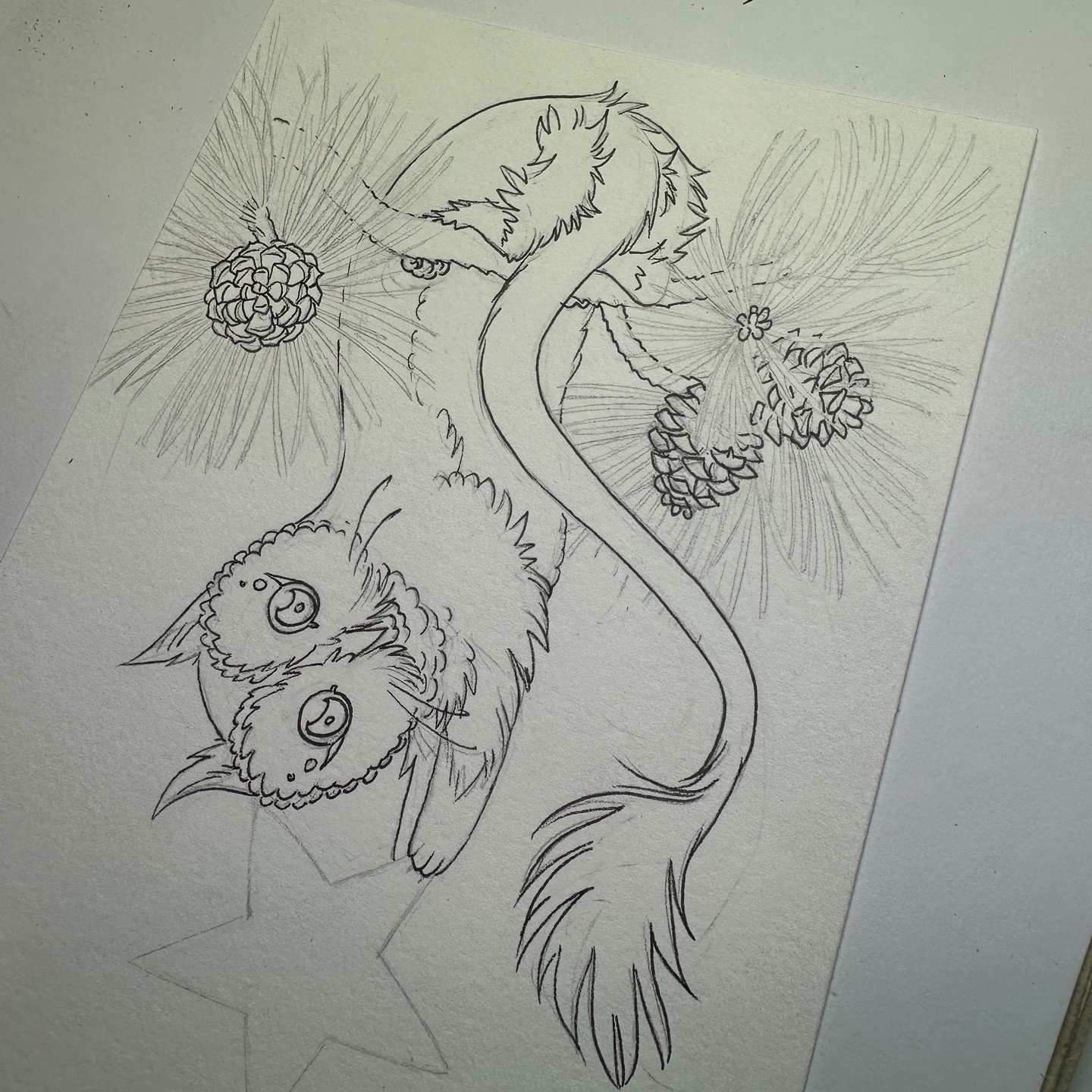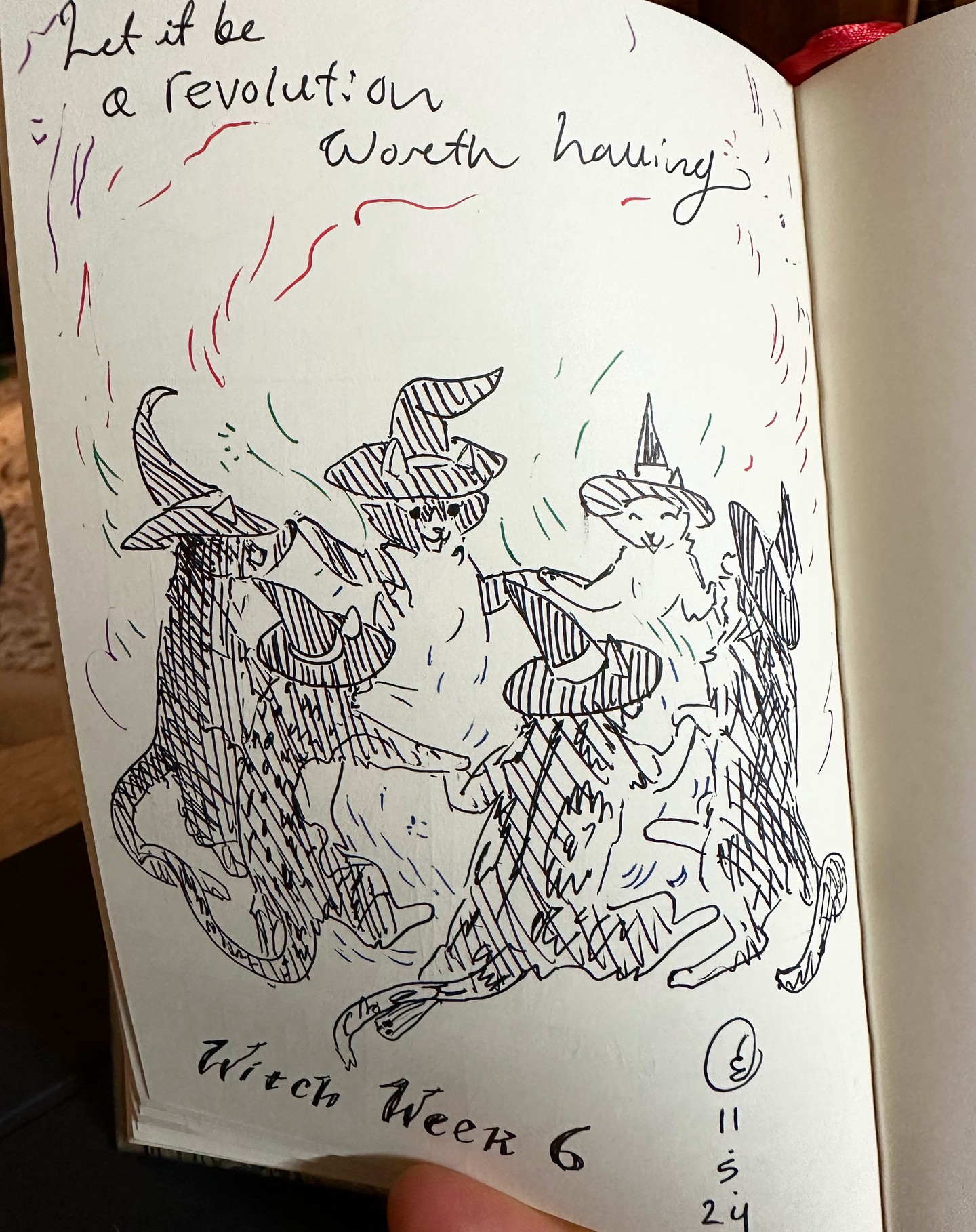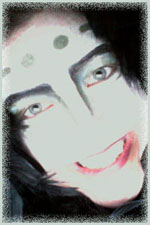 This entry was originally posted to Live Journal on January 23 2011, in response to my earlier piece The Problem of Adaptation.
This entry was originally posted to Live Journal on January 23 2011, in response to my earlier piece The Problem of Adaptation.
In my diatribe about the problems in Steven Moffat and Mark Gatiss’s Sherlock series I mentioned briefly that one of the troubles with adapting Sherlock Holmes is not only that the source material is so good, but that the perfect adaptation has already been made. I then went on to rail such accusations at the Moffat/Gatiss series that it would be no wonder if some of you thought that no adaptation could possibly please me.
So, to turn the table and show that I do not believe all adaptations are heartless endeavors that contrive the rip the very soul from a story and leave it an empty, shattered shell (I’m looking at you, movie version of Prince Caspian!) I shall now direct my attention to the examination of what I consider to be the greatest literature-to-movie adaptation of all time: the 1980’s Granada Television miniseries of The Adventures of Sherlock Holmes and its sequel, The Return of Sherlock Holmes.
Before I begin, let me first explain that I came to watch this series from the very worst possible angle: I had been a fan of the original stories since I was a small child, and had built up in my head precisely what Sherlock Holmes looked like, sounded like, and acted like. I knew the rooms in Baker Street as if I had been there, and knew, furthermore, what London of the late nineteenth century should look like. So I was keenly sensitive to any changes made in the series from the canon, and quite prepared to hate them thoroughly if they got the slightest detail wrong.
I think perhaps the best thing I can say about this adaptation of Sherlock Holmes is that not only did the images and actions match my pre-conceived notions in all the most important points, they were executed with such confidence, elegance and power—not to mention a certain playfulness that illuminated those areas that were somewhat neglected by Sir Arthur—that now when I go back and read the books it is Jeremy Brett’s voice I hear when Sherlock Holmes speaks, Colin Jeavons’s face I see when Lestrade comes barging into the room, and Rosalie Williams’s spirited voice that gives life to an otherwise overlooked Mrs. Hudson. I do not mean that annoying aspect of movies that tends to over-power the more intricate, delicate impressions we form in our own heads from reading the written word, but simply that the characters as they are portrayed in the television series are one and the same as the characters in the books.
The greatest compliment I can pay to this monument of literary adaptation is to say this: when I go back and read, say, The Norwood Builder, I often think, “They did this so well in the episode, I want to go and watch it now!”
It is not that the Granada series is perfectly faithful to everything. Indeed, they make some quite radical divergences from the canon: the omission of The Sign of Four prevents any appearance of Mary Morstan (a decision I celebrate with unmitigated joy), and they chose to begin the series with A Scandal in Bohemia, with Holmes and Watson already happily settled in at 221B Baker Street. Thus we never get to see A Study in Scarlet, or watch that fateful meeting in the chemical laboratory of St. Bart’s. A pity, it would have no doubt been a pleasure to watch. But this does give the series a certain timeless aspect; it is easy to believe that, in some place deep in the heart of our imagination, Holmes and Watson are still there, enjoying a pipe and a cigar in that cluttered sitting room, waiting for some dire, whimsical or grotesque event to distract them from the monotony of existence.
This messing about with the order of the telling (with each episode corresponding to one of the short-stories) continues with many stories from the second volume (post-Moriarty) appearing in the first series, and vice versa. But it is a mark of the beautiful execution of these stories that this affects the enjoyment of them not a jot.
Other changes are made usually in those instances where Sir Arthur has had an uncharacteristic lapse of judgement, and in this sense they are, though a little jarring on first viewing, an overall improvement. (Rabbits in the fire? Really? You expect that to fool even Lestrade? And you let the villains escape at the end of The Greek Interpreter? Oh no, it will not do!) Of the rather egregious changes wreaked in their adaptation of The Priory School I will say only this: you cannot hit a bull’s eye every single time, and if Sir Arthur could make mistakes, so can we. And at the very least that episode immortalizes one of the most heart-stopping equine dismounts of all time. Thank you, Mr. Brett.
No, taken as a whole, their diversions are well put, and implemented with such confidence that sometimes I find myself at a loss as to which is canon and which is not, despite my intimate knowledge of the former.
It can be said that the Granada series had inherent problems of its own, but the way in which these were overcome is a credit to the creative team behind the series, and only increases my admiration of it. The fact that David Burke, who played Watson to perfection in the first series, was not available to return might have scuttled the whole project: but, miracle of miracles, here is Edward Hardwicke! And he not only picks up the reins from old David so smoothly you hardly notice, but continues the gentle progression of Watson’s character to an older, wiser, more perceptive man. He is no longer merely Holmes’s foil, but his staunch support, a third arm; a second hull. (Anyone who doubts the use of a second hull has never seen the work of a catamaran.)
It is high time I spoke of the man himself. For it is truth that all adaptations of Sherlock Holmes orbit around that pivotal role, and Jeremy Brett anchors it more firmly than a ton of lead bricks. From the first time you see the back of his smooth, dark head, he appears less a man, and more the living embodiment of the character, flushed with color and breath and the most poignant instinct for physical comedy. When I said earlier that it is his voice I hear when I read the stories now, I mean that when I read stories that were never adapted, read words I never heard him speak, it is still his voice, his inflection, and his tone. It is not Jeremy Brett you see playing Sherlock Holmes, it is Sherlock Holmes who has, for a time, condescended to inhabit the body and soul of this actor.
One of the many criticisms I’ve leveled against the Moffat/Gatiss version of Holmes is his cold-heartedness; that Sherlock acts with an amount of emotional detachment that is not only distasteful, but wildly inaccurate. Happily, Brett’s portrayal is marked by the warmth distinctly absent from Benedict Cumberbatch’s. Brett’s Holmes is driven to solve the Norwood mystery not so much by a desire to best Lestrade (hasn’t he done that enough already?) but by the compelling plight of John Hector McFarlane. Then there is the famous breach of procedure near the end of The Devil’s Foot, where he expresses remorse at having involved Watson in such a dangerous experiment. And there is the touching moment at the end of The Six Napoleons—lifted nearly word for word from the book—in which Holmes and Lestrade quietly resolve their long-standing rivalry into mutual respect. Yet these scenes, powerful though they are, are only highlights of the kindly undercurrent of Holmes’s character that runs throughout the series, and allows the viewer to appreciate, with some ticklish annoyance, his more cantankerous moments.
I really can’t speak highly enough of Brett’s performance; aside from the pure quality of it, which everyone who has ever seen the series will tell you, it has also inspired me in my own work in ways that no other actor ever has. The fact that he pulled it off in the face of intense personal tragedy and physical disability (his wife died during the production of the second series, and the medication prescribed to treat his ensuing depression eventually led to his death in 1995) only adds to the humble admiration anyone must feel when treated to one of his performances. Even in those unfortunate episodes where his illness became visually evident, he challenges you to ignore all of it in the face of his fiery, passionate portrayal: Jeremy Brett the man is vulnerable, fractured, mortal; Jeremy Brett as Sherlock Holmes is indefatigable.
One might think then, with such a fine leading man, that the rest of the cast might fall by the wayside: not in the least! Of Watson I have already exulted, Mrs. Hudson I have mentioned, likewise Lestrade. So much, then, for our regulars, such as they are. Let us turn our attention to the guests. And such guests! Charles Gray as Mycroft? Twinkling joy itself! A string of beautiful—and more importantly, interesting—actresses begun with Gayle Hunnicutt as Irene Adler, and arguably climaxing with Patricia Hodge in The Second Stain, who catapults Lady Hilda from the shallow waters of Victorian femininity and bestows upon her the air of grace and poise so often praised in ladies of the time—and so rarely actually exhibited. But it is in the cameo parts that the casting really shines: the landlord in The Solitary Cyclist, Mr. Morse Hudson, not to mention the striking appearance of Inspector Gregory—I should have liked to have seen more of him! These parts are made all the more enjoyable because of the fact that the makers were taking advantages of the gaps in Sir Arthur’s canon to prudently fill them with little gems of interest that spark as much musing in the viewer as did Sir Arthur’s own throwaway decorations. A fan of the canon has a hundred juicy pieces of trivia to dwell upon, and the television series provides a fair share of its own. Miss Violet Smith’s lack of enthusiasm for her impending marriage, for example. And what was up with Walker of Riddling Thorpe Manor, anyway? It is these little morsels of interest, so deftly woven in with the story itself, that make the series something special.
And now, at last, we come to the stories themselves. I have waxed poetical long enough, I should try to make this concise. Then remember what I said in my previous journal: that television writing tends to be superficial, that the writers do not trust their audience to pay close attention or even to watch the program more than once. The Granada production of The Adventures and The Return of Sherlock Holmes are nothing of the sort. They rest comfortably on the strong backbone crafted by a writer whose stories not only demand attention, but have stood the test of time. After all, what greater mark of a story’s quality is there than that a reader a hundred years out of its time can still enjoy it just as much as when it was fresh? The series recognizes this, and the adaptations are paced with a remarkable patience and elegance that is distinctly lacking in all other television shows I have ever seen. In all important cases it is the story that must be catered to, not the whims of a fickle and unreliable audience. Perhaps this is why some people do not like the series—not that I have met any, but I’m sure they are out there—but let them. It in no way detracts from the fact that the series is something special, and one which television writers of today would do well to study. You know who you are, Mark Gatiss. Joss Whedon. Russell T. Davies. Even you, Moffat. Don’t get cocky, boys.
Sadly, I cannot speak so kindly about the series following The Adventures and The Return as I have not felt inclined to watch them. I hear the writers lost their way a bit, which saddens me. Still, let us not let that ruin the two beautiful volumes of television we do have, and remember that, for every hundred misguided, maligned and malignant adaptations of beloved literature, there is at least one perfectly ingenious adaptation that serves not only as a tribute to its written progenitor, but also enhances and strengthens that story’s power and longevity, so that after watching it, we as readers, far from being disappointed, find we love these stories even more.
*
Goldeen is young enough to think she knows everything. One day she’ll learn, but until then she reserves the right to be as cocky as she likes.
Comments, responses and/or refutations can be sent to goldeenogawa@gmail.com, or posted in your own blog and tweeted to @GrimbyTweets.

